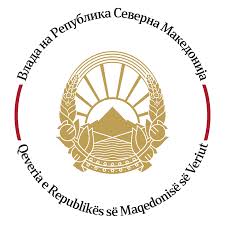The objective of this action is to empower and enable women to reach their full potential in the labor market, with a particular focus on productivity.
Specific objectives include:
- To identify drivers of low female participation in the labor market and female productivity, by producing evidence and generating knowledge;
- To emphasize the importance of decent jobs, a stimulative environment, working conditions, and systemic support as drivers of productivity and women’s potential, by piloting measures at “Comfy Angel” and in collaboration with the business sector;
- To stimulate policy dialogue among relevant stakeholders (policymakers, business sector, Federation of Trade Unions);
- To advocate for policies that enable decent jobs and a stimulative environment that will boost female productivity.
Donor: British Embassy in Skopje

